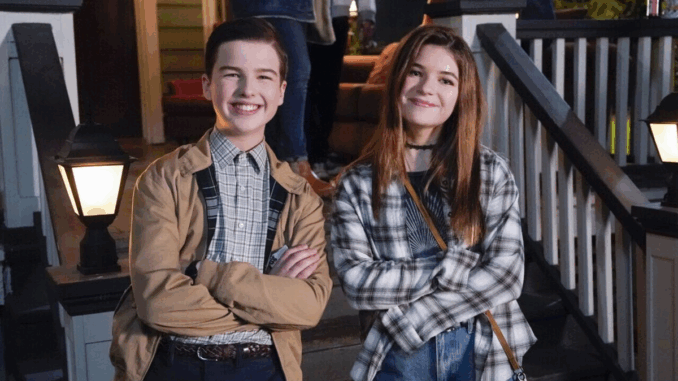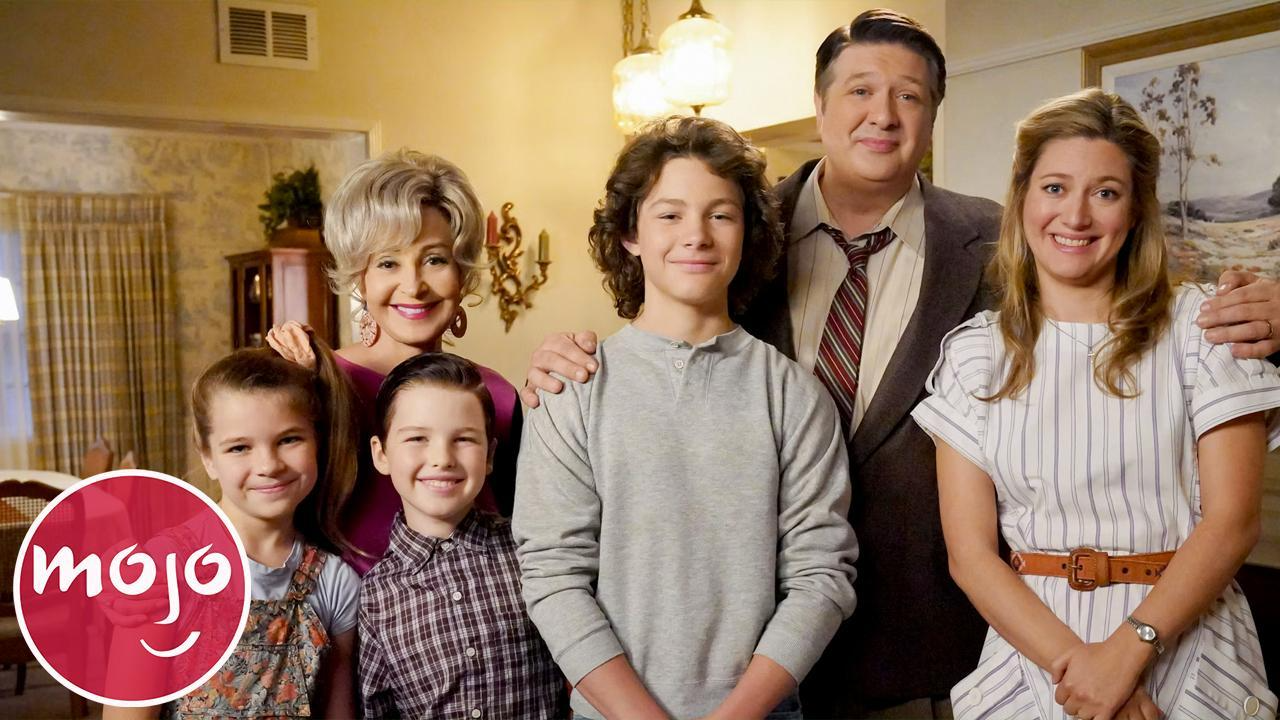
Over seven seasons, Young Sheldon charmed us with tales of childhood genius, family dynamics, and Southern heart. But its series finale? Pure emotional alchemy. It merged present-day reflections with past promises—and tied up the Cooper family story in a way that both honored the journey and opened new doors.
A Series Farewell Built on Reflection
Final Scenes Mirror Opening Moments
Right from episode one, we saw young Sheldon navigating school with curiosity and awkwardness. The finale brings it full circle—closing the sandbox chapter and nodding to the grown-up Sheldon’s future.
Adult Sheldon’s Narration Ties It All Together
Jim Parsons’ voice returns—not as a distant narrator, but as a present observer, reflecting on lessons learned and the bittersweet transition from child to adult.
Spotlight on the Cooper Family
Mary Cooper’s Unwavering Love
Mary’s quiet resilience shines. In her final scenes, she imparts heartfelt wisdom to her kids, echoing themes of faith, sacrifice, and unwavering love—her character’s backbone.
George Sr.’s Lasting Impact
Although deceased in the timeline, George Sr. appears in reflective flashbacks. His lessons shape the Cooper men, reminding viewers of the legacies parents leave behind.
Sibling Growth: Missy and Georgie
Missy steps into a confident young adult, hinting at independence beyond mere twin dynamics. Georgie resolves personal arcs, hinting toward his own spin-off path with clarity and determination.

Blending Timelines for Emotional Weight
Flashbacks That Hit Hard
Scattered flashbacks—classroom incidents, family dinners—offer emotional resonance. Viewers feel both nostalgia and relief, seeing how far everyone has come.
Adult Reflective Moments
Sheldon’s adult narrative anchors the episode. His insights on family, growth, and future echo the warmth and wisdom we expect from Big Bang Theory.
Setting Up the Future
Foreshadowing Big Bang Moments
Subtle nods—Sheldon’s notebook, a fleeting grin, a mention of college—hint at the journey ahead without spoiling it. It’s enough to thrill fans while preserving the prequel innocence.
Emergence of New Themes
The finale doesn’t close the door—it opens a window. Spirituality, sibling bonds, and personal growth remain key, promising more depth in later Zequantized episodes or spin-offs.
Writing That Balances Warmth and Wit
Humor Meets Heart
The finale mixes heartfelt monologues with lighter moments—Sheldon’s awkward attempt at empathy brings laughter, while family unity brings tears.
Consistent Tone, Evolved Stakes
Seven seasons evolved—from simple schoolyard stories to layered emotional arcs. The final episode ties them seamlessly together, maintaining the show’s warmth while delivering meaningful closure.
A Finale That Resonates
Fans Respond With Tears and Applause
Across Reddit and social media, viewers praised its emotional clarity—some even calling it “the perfect childhood goodbye.”
Critics Applaud Its Narrative Elegance
Reviewers hailed the finale for honoring the past while embracing the future—calling it a “textbook prequel finale.”
Final Take
Young Sheldon’s series finale excelled where many prequels don’t: it honored its roots while stepping boldly forward. By blending timelines, embracing family ties, and spotlighting growth, it closed an era with grace and warmth—leaving fans content but hopeful.
FAQs
Q1: How does the finale connect to The Big Bang Theory?
Through adult Sheldon’s narration, props, and minor nods—nothing overt, but enough to feel familiar.
Q2: Do all the main family members get resolution?
Yes: Mary gives a standout reflection, George Sr. appears via flashbacks, Missy and Georgie each get emotional crescendos.
Q3: Are there major cliffhangers?
No cliffhangers—but narrative threads hint at young adult ones, leaving open growth without hanging plots.
Q4: Is the tone still comedic?
Absolutely. Humor is balanced with emotion; the finale stays true to the show’s warm, everyday feel.
Q5: Are there hints of future shows?
Yes—Georgie’s storyline and adult reflections set up potential moves into new series and seasons ahead.